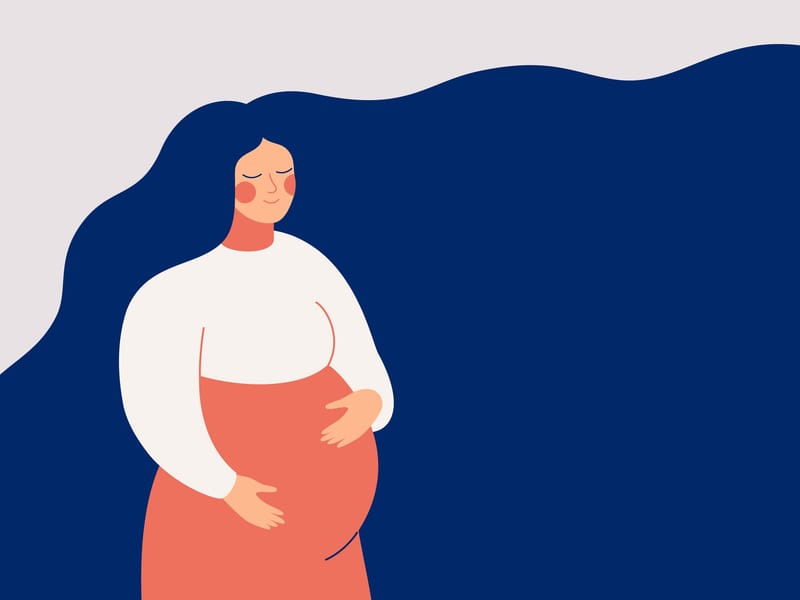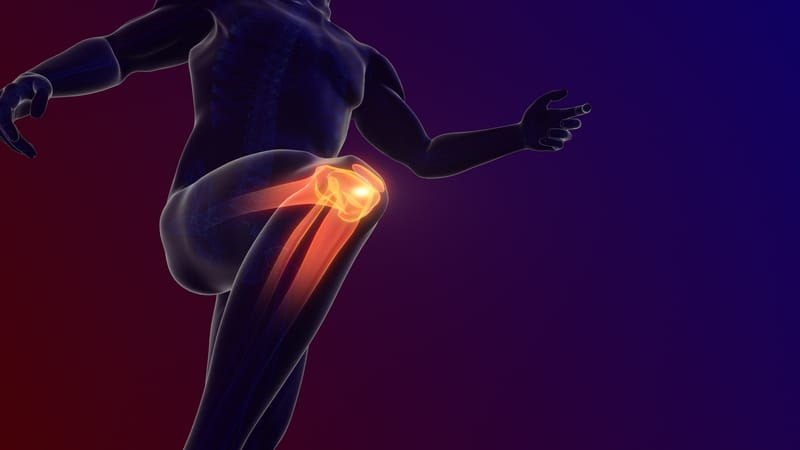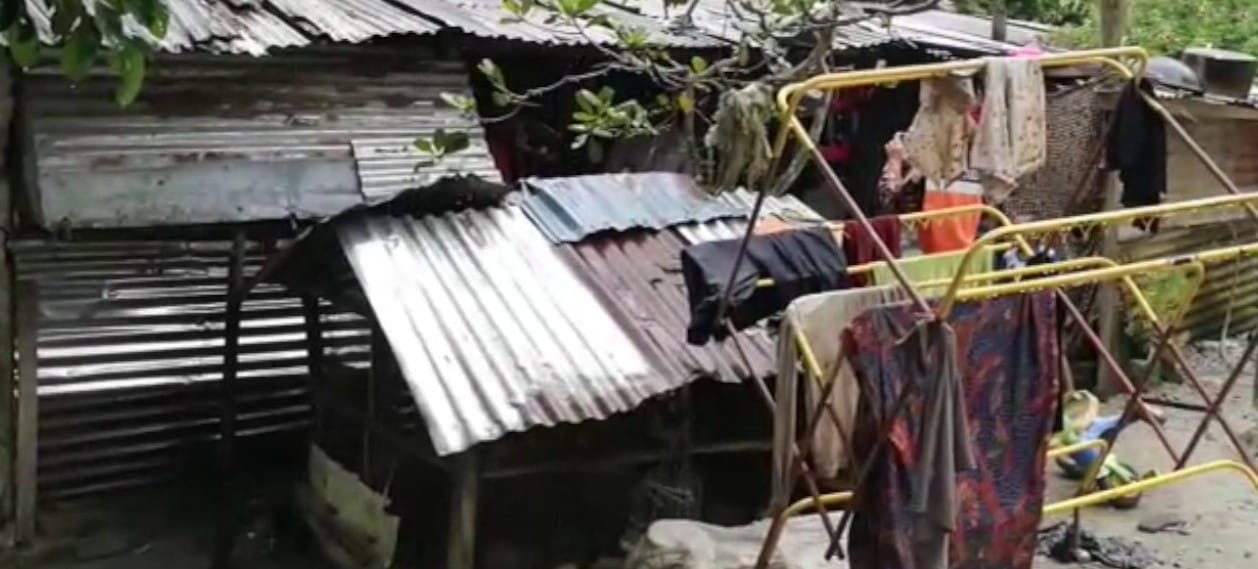
As far as social work is concerned, you don’t need deep pockets to make a positive impact on someone’s life – just a determination to see things through.
That’s the driving force behind Dr Siti Noraida Habibullah’s role as the founder of the Little Steps charity organisation, which runs multiple projects spanning areas such as education, shelter and healthcare for the less fortunate.
The role isn’t short of challenges. Dr Noraida crosses paths with individuals from all backgrounds, including single mothers with no formal education who are struggling to make a living, to girls from broken homes, to refugees.
The 51-year-old is confronted with the people’s daily suffering, constantly receiving calls about the issues and challenges facing those from disadvantaged backgrounds. But helping others is in her DNA, and it was her passion for social work that led to the inception of Little Steps in 2017.
Empowering girls from socially challenged backgrounds
“I'm passionate about social work – I want to do as much as I can, and as far as I can, but I realised that I need to take little steps,” says the mother of four, explaining the name behind her charity organisation.
Before starting Little Steps, Dr Noraida was a successful medical doctor, with an MBA, who had risen the ranks to become the director of the corporate services and quality assurance division at Avisena Specialist Hospital, before pivoting towards academia.
She currently works as a part-time senior lecturer at the Jeffrey Cheah School of Medicine and Health Sciences at Monash University Malaysia, involved in health service management and bioethics. Her time outside the classroom is spent running Little Steps and managing her family.
“I believe in solutions, which is what I try to do with Haneen Firdous. My aim is to provide a solution for my girls – in this case, education and self-esteem.”
Little Steps covers a range of areas under its six project verticals – education, shelter, health, sustainability efforts, community welfare, and international relief efforts.
One of Little Steps’ first – and ongoing – projects was Haneen Firdous (“Haneen” is Arabic for “deep longing”, while “Firdous” means “garden”, or “the highest garden in paradise”), a home for girls from high-risk social and family backgrounds.
It currently houses 11 girls – Dr Noraida believes the small number is important to allow her to focus on them as individuals.
“The aim of Haneen Firdous is to educate my girls and give them a family environment with love and discipline. I hope to be able to care for them all the way to tertiary education, if they’re able,” she says. “I believe in solutions, which is what I try to do with Haneen Firdous. My aim is to provide a solution for my girls – in this case, education and self-esteem.”
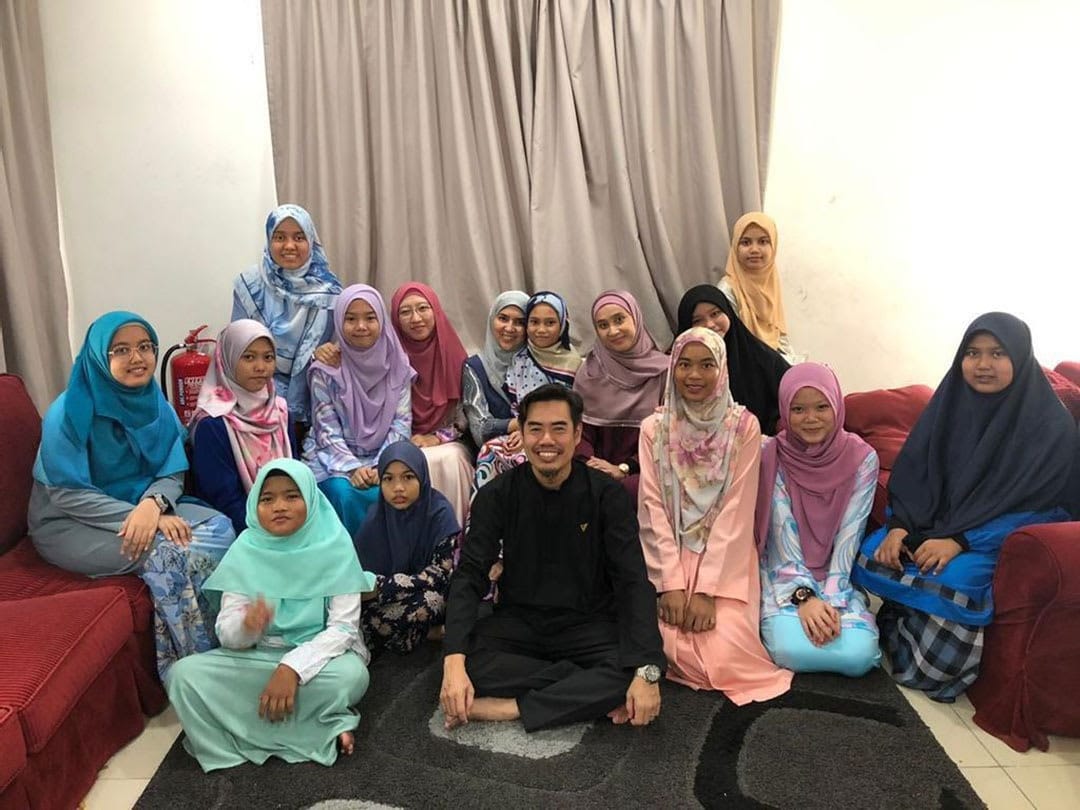
Ensuring adequate housing for the poor
Housing is a basic necessity, yet some are struggling to put a roof over their heads. In Kedah, one of Malaysia’s poorest states, many houses and schools are in deplorable condition.
Little Steps has completed several initiatives under its “shelter” vertical, including providing funds to repair or build homes or facilities. One example was a new house for a woman who was caring for her orphaned 10-year-old grandson who had lost both his parents to HIV.
The foundation also has two clinics under its wing.
One is Klinik Amal Muhajir, a charity clinic for refugees in Serdang. Its March 2020 opening was delayed due to the COVID-19 outbreak, but when open it’ll provide free general medicine, paediatrics, obstetrics and mental health services to asylum seekers and the displaced.
The second is a free clinic for the poor in Kg Chhnang Province in Cambodia, which Dr Noraida developed, managed, and is currently funding. Since opening in April 2016, the clinic has treated more than 11,000 people.
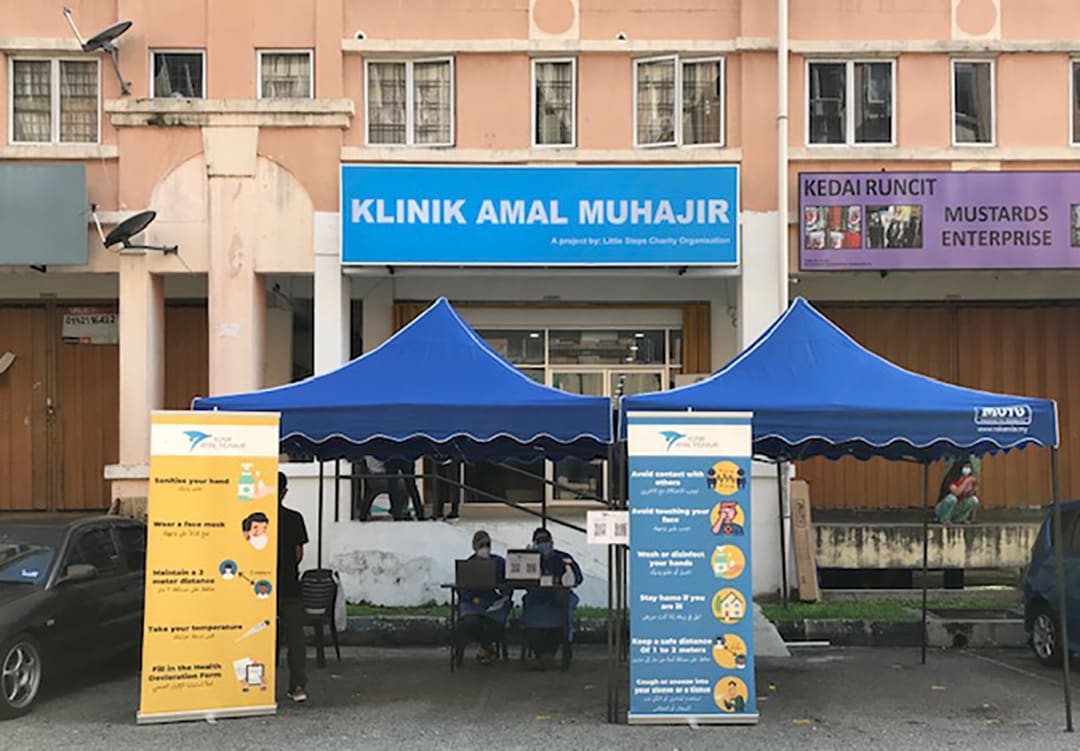
Change starts with the person you see in the mirror
Dr Noraida’s passion is evident from Little Steps’ myriad projects, from managing and supporting a Somali school in Gombak for the migrant community, to providing ongoing support and rebuilding the community in Yemen, which is still facing one of the world’s worst humanitarian crises.
Despite all she’s accomplished, building the organisation from the ground up wasn’t always smooth sailing.
A lack of funding can bring charity organisations to their knees, and Dr Noraida initially struggled to convince others of her vision, particularly when she had little to show for it in the early stages.
Her advice to those who want to pursue a similar path? Identify your passion, and start small.
"You don't need to wait for the perfect situation or ideal opportunity to start," she says, adding that it's equally important to have the right intentions.
"When your intention is right and your passion is strong, God will clear the path for you."


